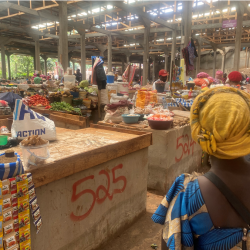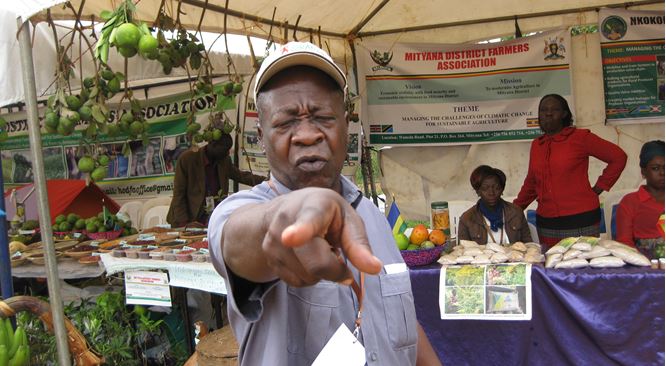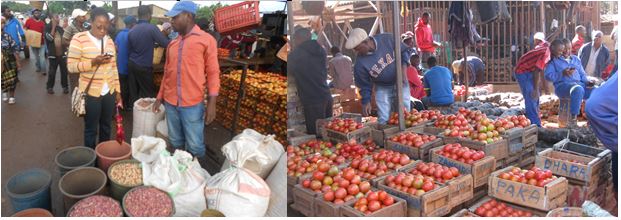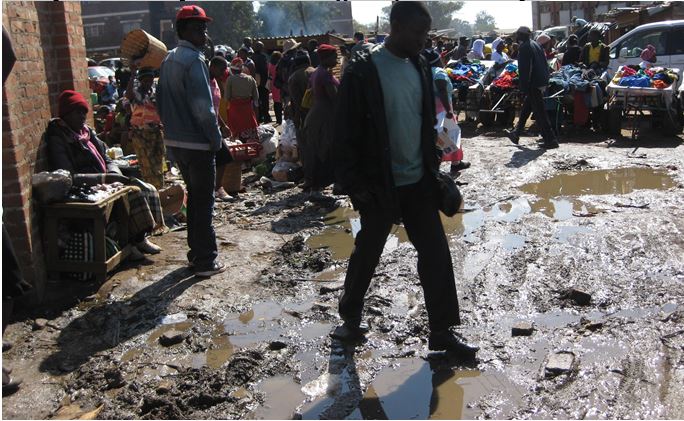Headaches and pathways of translating infrastructure into better lives
While infrastructure like road highways and irrigation systems continue to receive much attention, funding and media coverage, it has taken long for most intended beneficiaries to benefit directly from such investments. After investing infrastructure, most development organizations do not think about the sustainability model. The utilization of resources is more critical than just investing in Read more about Headaches and pathways of translating infrastructure into better lives[…]










